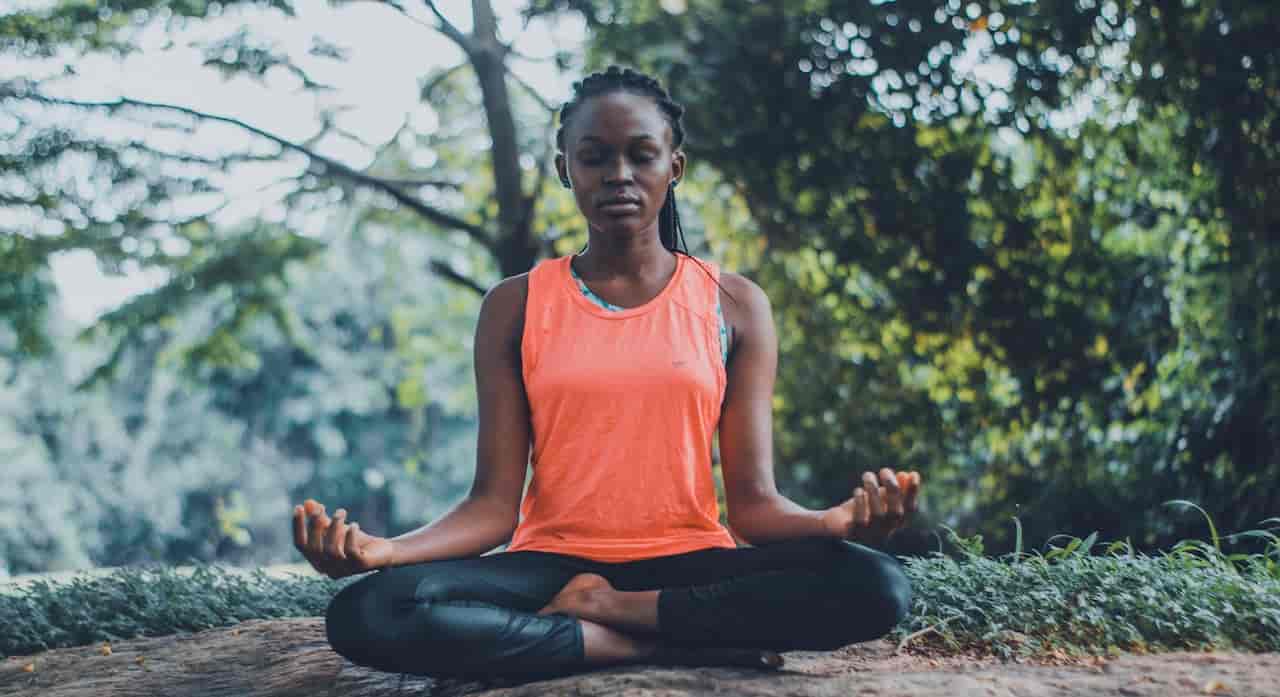Why are we mentioning this controversial subject? Because we want you to be excited about the corporeal, mental, and emotional advantages of practicing yoga in our yoga academy. However, we also know that you may be experiencing some reluctance stemming from the belief that yoga undermines your religion and religious principles
On the contrary, when you enroll in a yoga teacher training academy, you will discover that yoga encourages you to be more open and accepting of yourself and others around you. It gently nudges you into being patient and respectful of yourself, your fellow students and all beings (animals, nature). The yoga community generally tends to be non-judgemental and inclusive of people’s personal convictions and/or beliefs. At Sampoorna Yoga, we respect what you do for a living, your religion, date of birth, physical or mental abilities, skin color, shape, genre, and everything about you. Everyone is welcome here!
That being said, rest assured that yoga is not a religion. Many yogis from India identify as being Hindus, while others identify as Buddhists. Essentially, most yogis around the world utilize their yoga practice as a bridge between their individual consciousness and the Universal Consciousness, regardless of religious beliefs. Yoga also has a place for agnostics and atheists, helping them derive the physical and mental benefits of the practice, without enforcing any spiritual ideologies.
What is yoga?
Yoga is a physical, mental and spiritual practice meant to create unity/harmony between the body, mind and spirit. Yoga practitioners apply yoga knowledge and techniques to understand themselves better and experience the multifaceted benefits of the practice. It may be said that yoga is a universal philosophy that helps you enjoy overall well-being and increased states of mindful living, independent of your chosen religion.
Modern yoga is most commonly associated with the physical practice of asana, a series of postures often weaved together in styles such as Vinyasa Flow or Ashtanga. However, this is only one small aspect of the tradition of yoga as a whole. Patanjali’s Yoga Sutras provide the traditional foundation of yoga, in which he outlines an eightfold path of the practice. Known as Ashtanga Yoga, the ‘Eight Limbs of Yoga,’ this path offers a guide to individuals who are dedicated to creating a union between body, mind and spirit.
While most yoga schools do educate you on the spiritual facet of yoga and incorporate chanting, bhajan, kirtan in their teachings, you will always have the freedom not to participate. Such activities are almost always optional.
You will still be considered a good yogi – even if you do not say the word “Namaste” with your hands folded together in prayer. Nobody will deny you are a yogi because you decided not to chant. Finally, you will still be considered a yogi – even if you do not practice postures at all or meditate, or practice pranayama. Remember, yoga is a lifestyle, a method to become the best version of yourself, one of many methods to become better human beings.
There are no religious requirements to practice yoga
Although you are not required to follow/worship any gods or practice rituals on the path of yoga, your faith can still be increased or deepened through it. In the same way that you are not forced to become a Buddhist or Taoist to practice capoeira, kickboxing, karate, kung fu, or any other martial art, you also do not need to practice any particular religion to practice yoga or become a yogi.
While you practice yoga, you can be free to understand god -if you want in your own personal way. You can be devoted to Allah as a Muslim, Jesus Christ as a Christian, Vishnu as a Vaishnava, and the Goddess as a Wiccan. You can also be an agnostic or believe in no god as an atheist. Yoga poses cannot be understood as a religious practice – unless their practitioner comes to them with a faith-based purpose.
The meaning of this is that you can identify performing yoga with any religion or no religion at all. It is up to you. Just as having fun on Halloween does not mean you are a pagan, receiving the benefits of yoga does not initiate you into the Hindu faith. Conversely, if your target goal for Halloween is to follow the Samhain ritual, then it is a faith-based purpose that matches your principles, and the same goes for yoga.
In yoga, you have the freedom to practice any spiritual devotion or to not practice any at all
If you decide to become a yoga teacher as a way to worship or pray better to Jesus Christ because you are Christian, then that is a faith-based purpose. It matches your dogmas and makes your yoga activities an element of your religious conviction. However, yoga is a spiritual practice, which differs from religious concepts.
While religion involves external activities, spirituality is considered an inward journey. Although yoga comes from different religions (e.g., Buddhism, Hindu, and Jainism), it does not refuse any other faith system.
In Sampoorna Yoga we respect each other´s principles since we are all working on becoming better people. Contact us and start your incredible journey as a yoga teacher.





